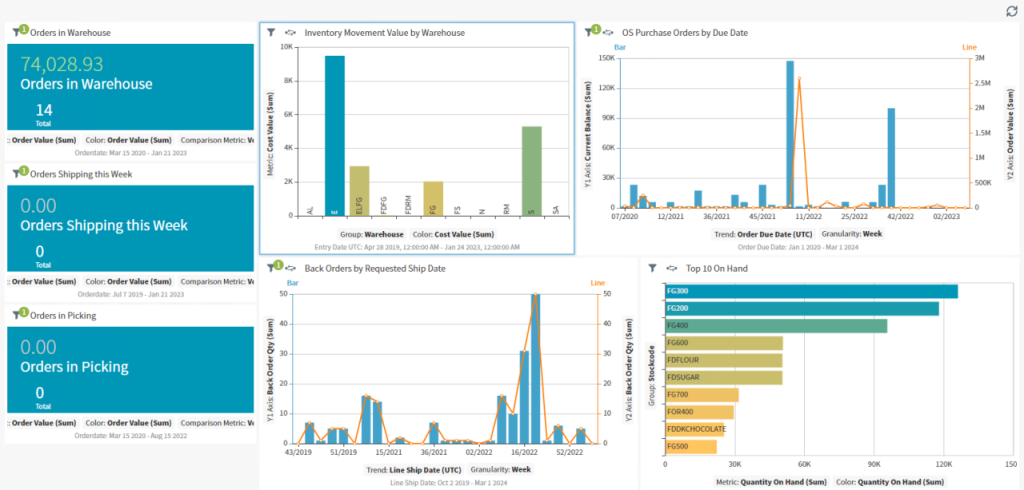

High fuel costs are currently draining the profits of many businesses, particularly those reliant on transportation and logistics. This volatile market forces businesses to seek innovative solutions to stay afloat and maintain competitiveness. High fuel costs aren’t just an economic issue; they impact profitability, affecting planning, production, and even customer service. This article delves into practical efficiency strategies to tackle rising fuel costs and maximize your business’s profitability in the face of these challenges. We’ll explore various aspects, from optimizing delivery routes to investing in fuel-efficient vehicles and training staff, to minimize fuel consumption and maximize efficiency. The structure will cover strategies spanning vehicle selection, operational adjustments, and staff training.
Understanding the Impact of High Fuel Costs
High fuel costs are more than just an expense; they’re a significant factor in the operating costs of most businesses. From the trucking industry to retail operations, and delivery services to construction companies, fluctuating fuel prices negatively affect margins, impacting profits and straining profitability. Increased fuel costs often translate to higher transport costs and reduced margins. This impacts business budgets and customer pricing, forcing businesses to cut operational costs or absorb higher expenses. Several key areas are affected, from reduced profitability to negative cash flow, and a ripple effect through the business supply chain.
Optimizing Delivery Routes for Fuel Efficiency
Strategic Route Planning
Efficient delivery routes are crucial for reducing fuel consumption in the transportation sector. Businesses, especially those in logistics and delivery services, can employ route optimization software to map and plan the most fuel-efficient routes. This optimization can minimize mileage and maximize efficiency.
Utilizing Real-Time Data
Utilizing real-time traffic data and weather conditions allows for on-the-fly route adjustments, mitigating unexpected delays and ensuring optimal delivery times. This real-time data, available from various online mapping and traffic data services, empowers businesses to adapt and respond quickly to changing circumstances.
Combining Trips & Consolidating Deliveries
Combining multiple delivery points into a single trip can save significant amounts of fuel, reducing mileage and optimizing routes, especially for companies with frequent localized deliveries.
Investing in Fuel-Efficient Vehicles
Choosing the Right Vehicle Type
The choice of vehicle plays a critical role in fuel efficiency. Switching to newer, more fuel-efficient vehicles is vital, as their advanced engines and optimized designs generally consume less fuel than older models. Consider comparing fuel economy ratings of different models and prioritize vehicles that meet or surpass industry standards.
Maintaining Vehicle Condition
Regular maintenance is essential for maintaining a vehicle’s optimal performance and fuel efficiency. Proper tire inflation, routine oil changes, and upkeep of engine components minimize unnecessary fuel consumption and ensure the vehicle operates at peak efficiency.
Exploring Alternative Fuels
Exploring alternative fuel sources, such as electric vehicles (EVs) or hybrid vehicles, can dramatically reduce reliance on traditional fuels. Transitioning to alternative fuel vehicles can mitigate fuel costs and reduce environmental impact.
Employee Training for Fuel Efficiency
Driving Techniques
Proper driving techniques can significantly influence fuel economy. Employee training programs can teach drivers how to maintain optimal speeds, reduce aggressive braking and acceleration, and maintain consistent tire pressure. These techniques, when coupled with regular training, can contribute to substantial fuel savings.
Load Management Techniques
Appropriate load management techniques can also contribute to optimized fuel efficiency. Training employees on proper loading and distribution practices for their vehicles is crucial to maintaining optimal weight distribution and maximizing fuel efficiency. Incorrect loading can significantly reduce fuel economy.
Routine Vehicle Inspection & Maintenance
Training employees on routine vehicle inspections, ensuring proper maintenance procedures are followed, and promptly reporting any issues with their vehicles is essential. Regular and thorough inspections are crucial for optimal performance and efficiency, as they identify and resolve potential problems promptly.
Implementing Technology Solutions
Fuel Management Systems
Implementing fuel management systems can provide valuable insights into fuel consumption patterns and identify areas for improvement in efficiency. Tracking fuel usage, identifying high-consumption vehicles, and comparing usage trends provide valuable data for optimizing processes. Fuel management software is an essential tool to monitor and analyze fuel consumption data for better insights and improved business decision-making.
GPS Tracking & Route Optimization Tools
Integrating GPS tracking and route optimization tools into fleet management can enhance efficiency. This technology allows for real-time monitoring of vehicle locations, providing insights into driving patterns and optimal routes. Such tools can further reduce fuel consumption.
Data Analysis & Reporting
Collecting and analyzing data on fuel consumption, driving patterns, and route efficiency allows for identifying patterns, trends, and areas needing improvement. Businesses can make informed adjustments based on the data insights gained.
In conclusion, high fuel costs are significantly impacting business profits, necessitating proactive efficiency strategies. By implementing the actionable steps outlined in this article, businesses can mitigate these costs and bolster their bottom line. Explore fuel-saving technologies, optimize delivery routes, and prioritize employee training for enhanced fuel efficiency to gain a competitive edge in today’s market. Don’t let rising fuel costs diminish your business’s success; embrace these efficiency strategies today!